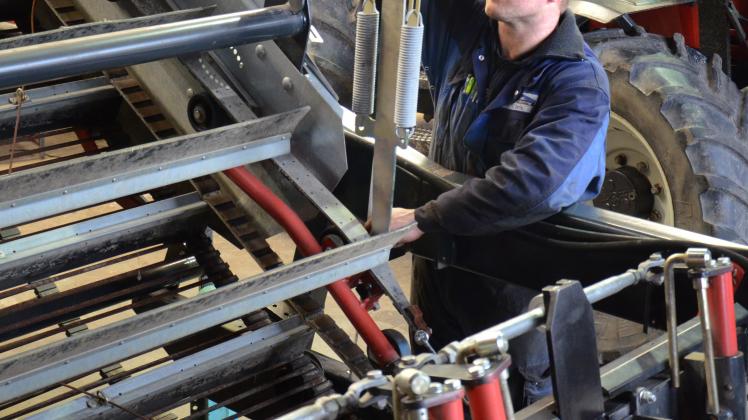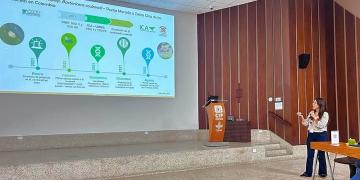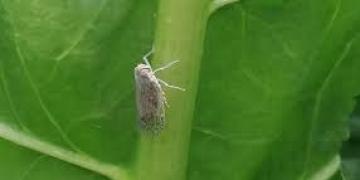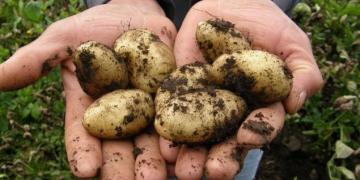Australia: Research into natural potato psyllid pathways
As part of a Plant Biosecurity Cooperative Research Centre project, Australian researchers are working with the country’s potato industry to investigate the potential for the highly destructive Tomato-potato psyllid (TPP) to enter Australia using nat

The research will review current surveillance strategies along three natural dispersal pathways around Australia. These pathways can be formed through standard wind trajectories or severe weather events such as cyclones.
Dimi Kyriakou, AUSVEG spokesperson said: “This is an important project for Australia’s potato growers as they can get involved in this highly practical research and share their experiences of keeping TPP at bay.”
“The threat of TPP entering Australian production areas is highly significant as it is not yet present in Australia. This pest often carries the bacteria that causes Zebra chip, a disease that can significantly reduce the yield and health of potato crops and render potatoes unsaleable.”
The three-year project will work with specific horticulture industries to focus on natural dispersal pathways from New Zealand to Australia, Papua New Guinea to Australia and Indonesia to north-west Western Australia.
“The Zebra chip complex has affected the New Zealand potato industry since 2006 and it has left growers to deal with millions of dollars’ worth of damage to their industry.”
Fuente: http://www.freshplaza.com/article/154344/Australian-research-into-natural-potato-psyllid-pathways




